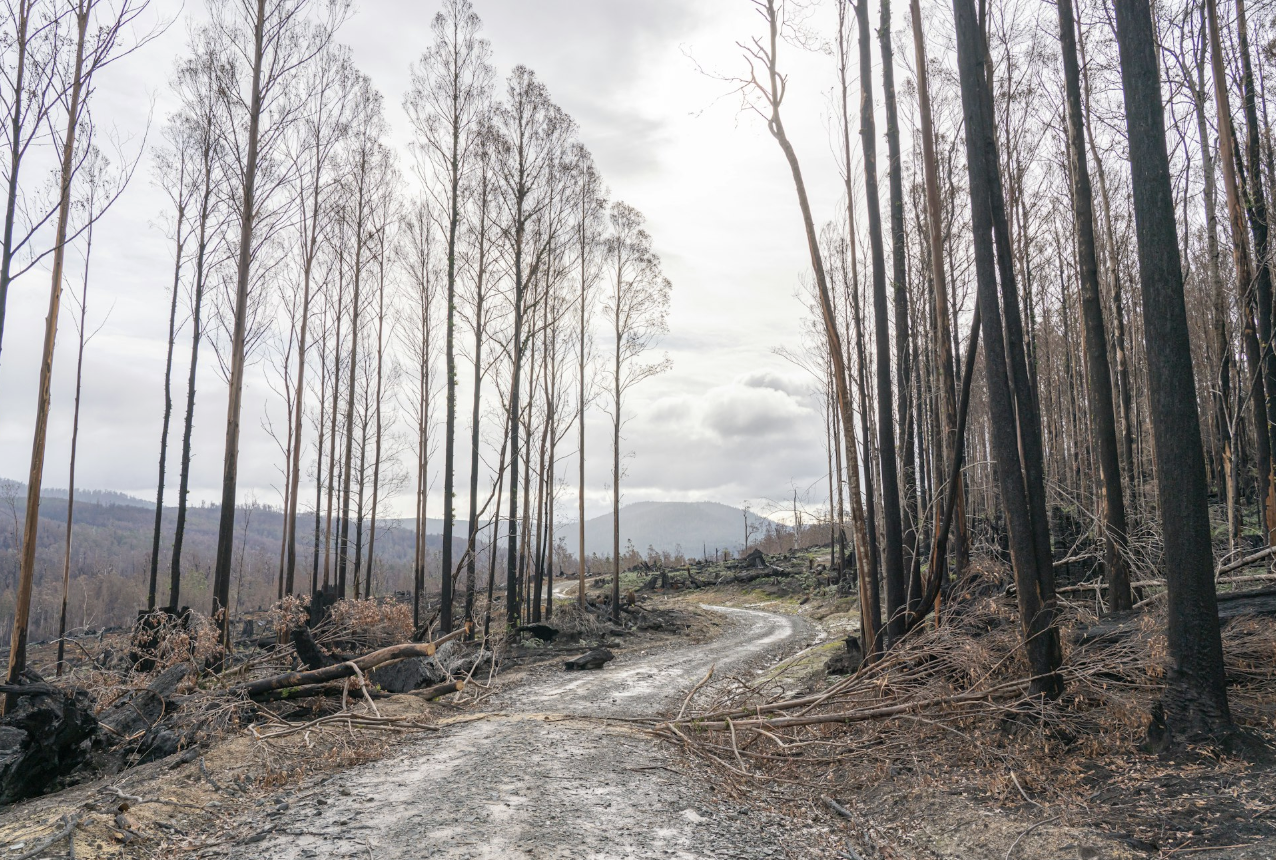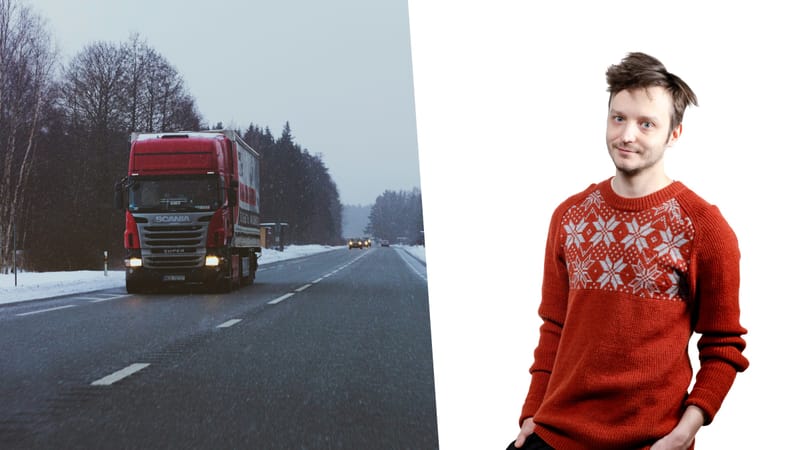Commission is watering down deforestation law
The European Commission is proposing changes that would weaken the EU’s deforestation regulation – but fears of further delay have eased. Green MEP Maria Ohisalo and WWF question why the implementation problems were not properly fixed.

“By reopening the deforestation regulation and its content, the European Commission is knowingly playing with fire and giving the political right a free hand to undermine this important legislation. We already know from experience that the European People’s Party, which includes Finland’s National Coalition Party (kokoomus), has no problem teaming up with the far right when it comes to dismantling environmental and climate regulation,” said Green MEP Maria Ohisalo.
The EU’s deforestation regulation has been in preparation for two years, and its implementation has already been postponed once. Contrary to earlier signals, the European Commission now plans to stick to the current schedule and begin enforcement at the start of next year.
However, the Commission is proposing amendments to the law. Under the proposal, companies would only be required to report the origin of their products when they enter the EU market – meaning only importers of raw materials would have to provide such data.
“When due diligence requirements are reduced, illegal timber, for example, could more easily enter supply chains bound for the EU,” said WWF International Forest Expert Maija Kaukonen in a press release.
“In September, the Commission cited IT problems as the reason for delays, and these proposed weakenings appear to be their answer. But that’s not the right path – the problems should be fixed instead. Weakening the law would punish companies that have already invested in responsibility and adjusted their operations to meet the regulation,” Kaukonen continued.
Ohisalo also questioned why the rules were loosened instead of fixing the problems.
“Every exception, every additional delay, means more time for irreversible deforestation. Instead of publishing technical guidelines to solve implementation issues, the Commission is proposing changes to the substance of the law and giving in to pressure from the political right and agricultural interest groups. This choice sets a dangerous precedent,” Ohisalo warned.
She also called for predictability in policymaking.
“This kind of zigzagging is pure poison for companies that expect regulation and political decision-making to be predictable, stable, and consistent. It’s also vital for consumer protection – people should be able to buy their coffee, cocoa, and other products without causing deforestation. The EU must make it easier for consumers to choose sustainable options in the store.”
The EU deforestation regulation bans the sale of products linked to deforestation within the EU. Companies whose products contain high-risk commodities – such as coffee, cocoa, soy, palm oil, beef, wood, paper, or rubber – will be required to prove that no forest was destroyed in their supply chains. Preventing deforestation is one of the most effective ways to combat climate change.
“At the upcoming UN climate conference, one of the key goals will be to make a binding decision to end tropical deforestation by 2030. Tropical forests are increasingly becoming sources of carbon emissions, which only worsens the climate crisis,” Kaukonen said.





